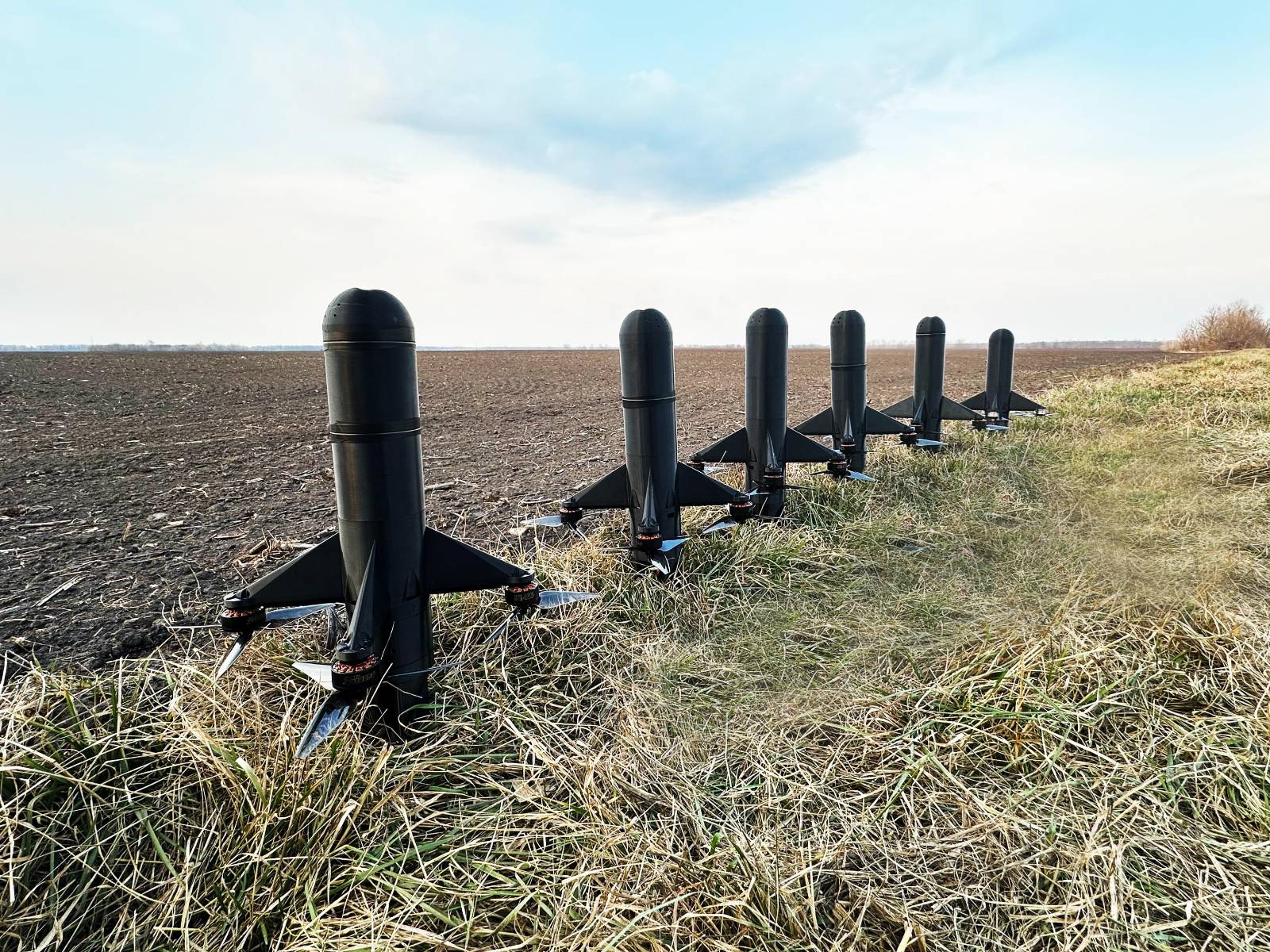NATO to launch 'Eastern Sentry' in response to Russian drone attack on Poland

NATO will launch a new deterrence initiative called "Eastern Sentry" in response to Russia's drone attack on Poland, the military alliance's secretary general Mark Rutte announced on Sept. 12.
"Eastern Sentry will add flexibility and strength to our posture and make clear that, as a defensive alliance, we are always ready to defend," Rutte said at a press conference at NATO headquarters in Brussels.
"I am confident in the strength and ability of this alliance," he added.
Russian drones on Sept. 10 crossed into Poland's airspace during a large-scale attack on Ukraine. Polish and NATO aircraft shot down several unmanned aircraft in what was the first time NATO had engaged with Russian drones since the beginning of Russia's full-scale invasion of Ukraine in 2022.
Speaking alongside NATO Supreme Allied Commander Europe General Alexus G. Grynkewich, both men praised the alliance's response to the incident, describing it as "quick" and "decisive."
The Russian attack has not only exposed glaring holes in NATO's air defenses, but also raised questions over whether or not it can effectively do enough to deter future attacks from Russia.
At least 19 drones entered the Polish airspace, and three or four were shot down by Polish and NATO aircraft. Reports suggest Sidewinder missiles costing around $400,000 a piece were used to down cheap plywood and foam Russian drones costing only $10,000 each.
Ukraine — which has faced Russian drone and missile barrages for nearly three years now — learnt early on that using big ticket air defense items to counter Russian attack drones was simply unfeasible, a lesson NATO appears yet to learn.
Kyiv has instead focused on cheaper options, most recently quadcopter interceptor drones. As the Kyiv Independent reported on Sept. 11, European and NATO nations have in recent days been scrambling to acquire them themselves.
And then there is the political will required to effectively deter Russia from attacking a NATO member once again.
Rutte said an assessment of the incident was still ongoing, but during his prepared statement, failed to say that Russia's attack was deliberate.
"Whether or not Russia's actions were deliberate, Russia has violated NATO airspace," he said.
While Rutte has tried to present a united NATO front in response to the attack, comments from the president of the alliance's biggest and most powerful member have done anything but.
Donald Trump has clashed with Poland after the U.S. president suggested the attack "could have been a mistake."
"We would also wish that the drone attack on Poland was a mistake. But it wasn't. And we know it," Polish Prime Minister Donald Tusk said in response.
Few precise details of what "Eastern Sentry" will involve have been released, with a NATO press release describing it as a "multi-domain activity, which will commence in the coming days and continue for an undisclosed amount of time."
"Allies have already begun to announce the deployment of forces and capabilities for Eastern Sentry. Denmark will contribute two F-16s and an anti-air warfare frigate, France will contribute three Rafales, and Germany will contribute four Eurofighters," it said.
"The United Kingdom has also expressed its willingness to support. These forces and more will reinforce existing Allied forces and enhance NATO’s deterrence and defensive posture where and when needed."












